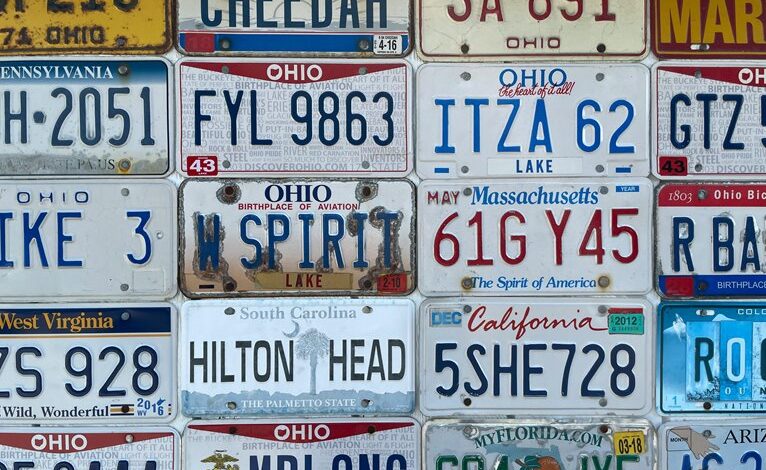State Number: the Meaning of State Car Numbers

State car numbers serve as essential identifiers for government vehicles, encapsulating critical information about registration and authority. Their structured format not only enhances transparency but also facilitates citizen engagement with governmental operations. Understanding what these numbers signify sheds light on ownership history and accountability. As one uncovers the layers of meaning behind state car numbers, questions arise about their broader implications in promoting trust and responsible governance.
The Structure of State Car Numbers
State car numbers serve as a unique identifier for government-owned vehicles, reflecting a structured system designed to convey specific information about the vehicle's origin and purpose.
These numbers exhibit various number formats, often dictated by regional variations. Such distinctions not only facilitate identification but also enhance the transparency of governmental operations, ultimately promoting accountability and fostering a sense of public trust in state entities.
Decoding the Information Behind State Car Numbers
Although the specifics of state car numbers can vary significantly from one jurisdiction to another, they generally encode vital information about the vehicle's registration, purpose, and ownership.
Each license plate usually indicates the issuing authority, unique identification numbers, and sometimes even the vehicle type.
Understanding this decoding can empower citizens, enhancing awareness of their rights and responsibilities regarding vehicle registration and identification.
The Importance of State Car Numbers in Vehicle History
Understanding the importance of state car numbers in vehicle history is essential for anyone involved in buying, selling, or maintaining a vehicle.
These numbers serve as crucial tools for vehicle identification, linking each car to its unique registration history.
This registration significance facilitates tracking ownership changes, accidents, or liens, ultimately empowering consumers with knowledge necessary for informed decisions and fostering a sense of freedom in the automotive market.
Conclusion
In conclusion, state car numbers are not merely sequences of digits but intricate codes that encapsulate essential information about government vehicles. Coincidentally, as citizens become more aware of these identifiers, they inadvertently foster a culture of accountability and transparency. This newfound understanding empowers the public, ensuring that government resources are utilized responsibly. Ultimately, the significance of state car numbers extends beyond registration, intertwining with the very fabric of trust between citizens and their government.





